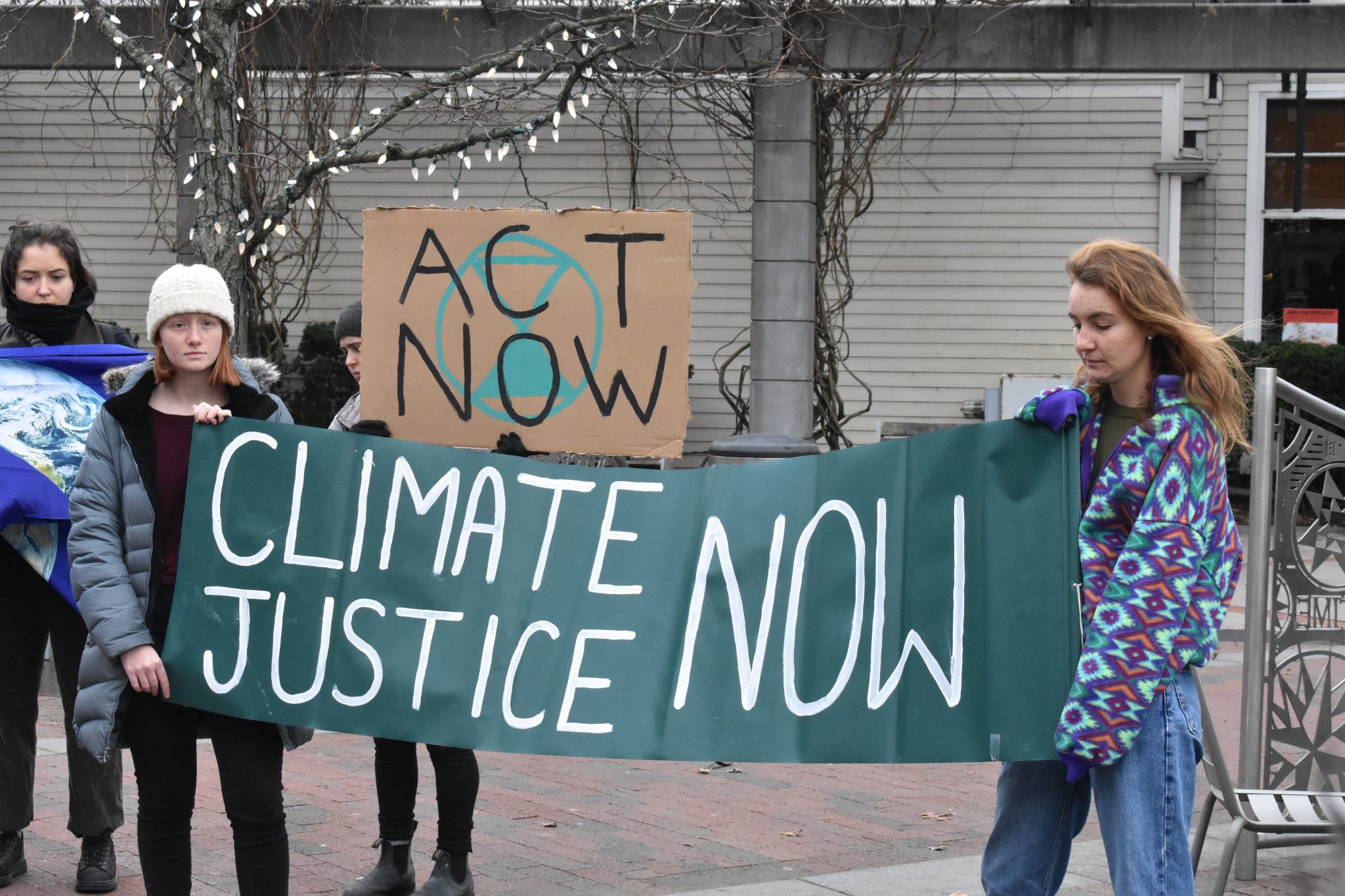I grew up in East Brunswick, graduated in 1999, came back for end-of-life-care for family, and found a home again. It’s a nice family place, and I give back as I can. As with all things, the more you give, the more you get. I write now with such intention: to inform.
My job is in health policy, in the public sector: figuring out what makes people healthy and how to get them there. There are details, sometimes tough, but I do my best. In my non-job life, it’s all about family and community, approached the same way.
My big ask: Please vote “yes” to ballot initiative No. 4, the East Brunswick municipal question, on the backside of your ballot. And get everyone to.
Why you should: It’s literally the easiest thing you can do right now to join the fight against climate change. We are at the crisis point.
Is that what the ballot question is really about then, climate change? Yes. But that’s not what it says. I know. It’s confusing. I had to read it several times, and I do policy work for a living. But putting everything together, I realized I had to do something, fast. This is it.
So what does it say, actually?: Do you want East Brunswick to join a community energy aggregation (CEA) program? Yes or No.
What is a CEA? That’s the trickiest part, and what I most wanted to explain to everyone. The goal is to bulk purchase renewable power as a community so your monthly electric bill won’t change much compared to sticking with climate-killing fossil fuels. The more renewable we buy, the more carbon emissions we save. Individuals have opt-in/out option at any time without penalties. The CEA idea has worked out really well, so far, including in New Brunswick and Piscataway.
How much carbon emission would I/we save with the switch? Per household, per year, if you go 100% renewable, that equals 162 trees planted or 24,318 fewer miles driven. If 100% of East Brunswick households do, that equals 2,824,115 trees planted or 428,806,452 fewer miles. This is the power of community action on climate change.
If approved, the switch could happen as soon as next year, theoretically. But this vote has to carry first. So vote “yes.”
Raoul Bhatta MD, MPA, FSUSA
East Brunswick




